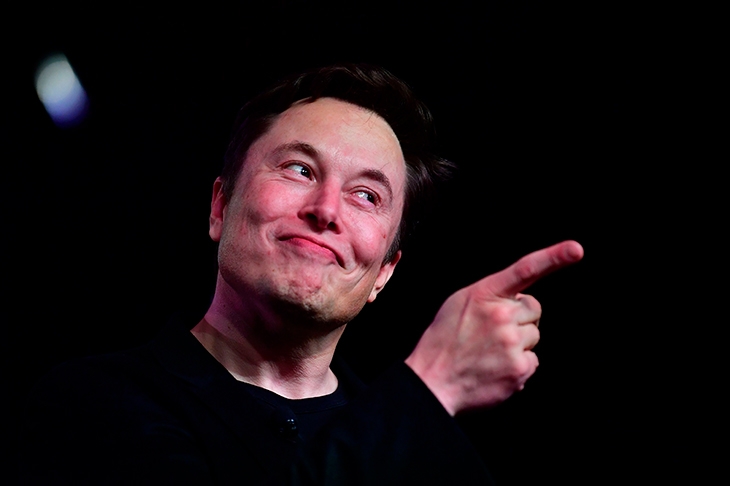People often tell me I have a strange way of looking at the world. Obviously, it doesn’t seem strange to me. But I do tend to see the world backwards. For instance, most people think the principal obstacles to economic and technological growth are all about supply. To me, it’s all in the demand.
I have met one Italian economist, Mario Fabbri, who agrees. But apart from him, me and maybe Matt Ridley, there’s nobody else. Now, how crazy is this idea? What if the biggest constraint to progress really is a question of psychology, not economics?
Certainly, if it is true, it should not surprise us that economists and policy–makers are reluctant to believe it. The knowledge and influence they possess would be instantly devalued. As Upton Sinclair put it: ‘It is difficult to get a man to understand something when his salary depends upon his not understanding it.’
When video conferencing was novel, it was rubbish. And by the time it stopped being rubbish, it was no longer novel
Yet surely recent events lend weight to this way of seeing the world? Long after a technology appears, what’s still lacking is the will to adopt it. Zoom has been around for years. But until the pandemic forced our hand, people mostly acted as though it didn’t exist.
Why? I think there are about five or six plausible theories, none mutually exclusive. Some might involve costly signalling theory. Some involve network and systems theory. But I think there’s another possibility, too. Video-conferencing has suffered from a disruption in the hype cycle.
Lucky technologies are heavily hyped when they are already useful. But with video–conferencing, this didn’t happen. When it was novel, it was rubbish. And by the time it stopped being rubbish, it was no longer novel. So if you went into the office two years ago (as I did) saying there was this great new technology called Zoom and we could use it to reinvent everything about how we work, you looked a bit like that chap on The Fast Show who walked about saying: ‘Isn’t electricity brilliant?!’
Had video-conferencing been introduced at near-perfection, and at a time when most people had high bandwidth at home, the entire course of its adoption would have been different. But the hype and the application didn’t come simultaneously.
This same asynchronicity applies to my revelatory experience with voice dictation and automated transcription using otter.ai (which is how I am writing this column). When it arrived, voice dictation was heavily hyped, but also rubbish. By the time it crossed the threshold of crappiness, it was no longer newsworthy.
And if there’s ever a technology which needs a hype-cycle repair kit, it’s LED lighting. A year or two before the LED light became good, the government made us replace our incandescent bulbs with an appalling intermediate technology which took half an hour to reach a tolerable level of luminosity. Instead of a breakthrough, we experienced a setback.
The importance of generating hype alongside meaningful improvements may explain why many of our greatest inventors — Steve Jobs, Elon Musk and Thomas Alva — are supreme hucksters. The ability to create the hype alongside the invention may be decisive. Perhaps that was Nikola Tesla’s failing?
In the pantheon of human importance, we always accord high status to the inventor, and low status to the showman. But almost every significant technology, even vaccination, has required ten times as much effort in the selling as in the conception.
As I say to my vicar wife, if ever she criticises my working in advertising: ‘Fair enough. But no one would have heard of Jesus if it hadn’t been for St Paul.’







Comments